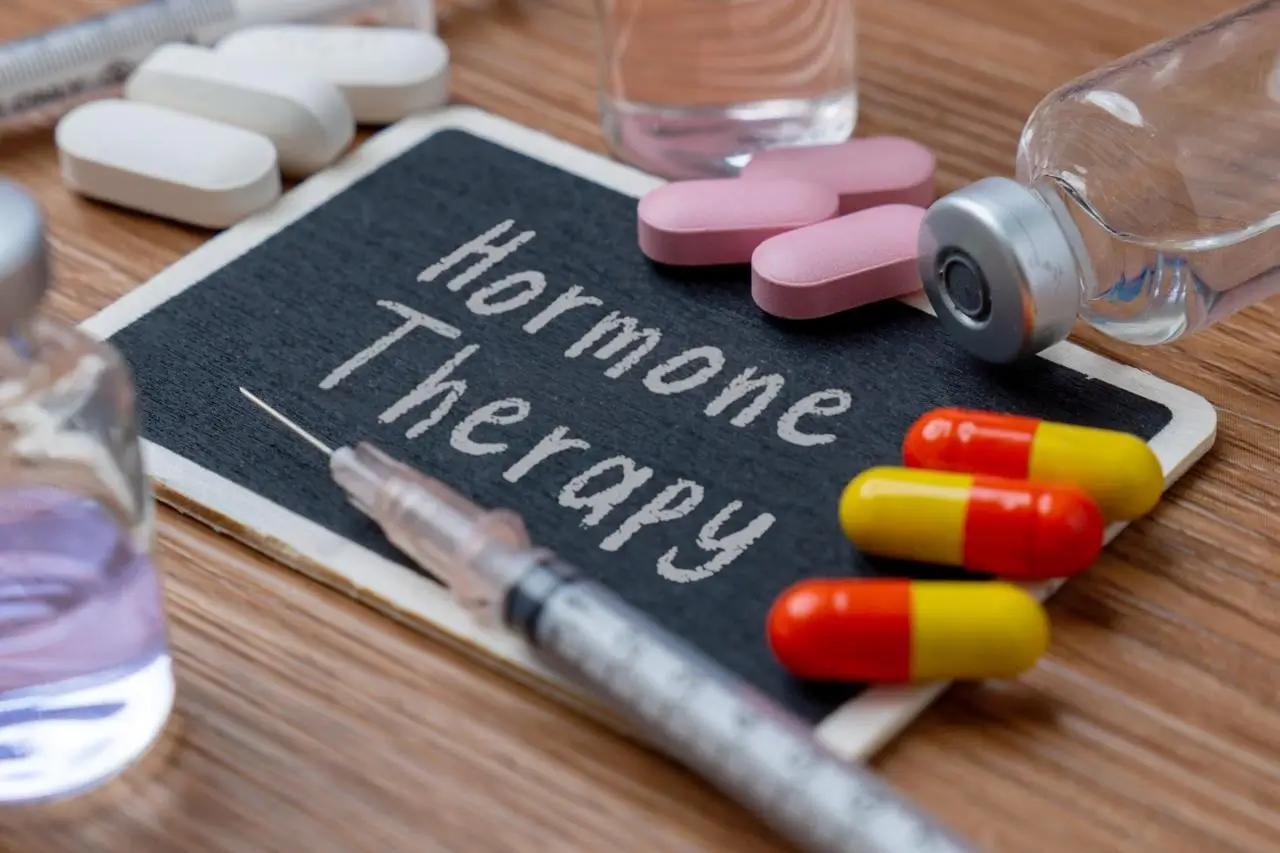

If you’ve typed “what are the best supplements for menopause” into Google at 2 a.m. while fanning yourself through yet another hot flash, you’re not alone. Millions of women worldwide are searching for answers—real, practical solutions that go beyond one-size-fits-all advice.
The good news? By 2025, menopause supplements have evolved dramatically. Women are no longer left with vague multivitamins or questionable remedies. Instead, there’s a curated, evidence-backed range of nutrients, plant-based compounds, and adaptogens designed to ease symptoms, protect long-term health, and support emotional balance.
But science alone doesn’t tell the full story. Women themselves—through lived experiences—are shaping the conversation. They’re talking openly about what works, what doesn’t, and which supplements truly feel like lifelines.
Let’s dive into the best supplements for menopause in 2025, what research says, and what women are actually experiencing.
Menopause is a biological milestone, defined as 12 months without a period. But the journey doesn’t stop there. Hormonal shifts continue to ripple through the body, affecting everything from bones, brain, and heart to mood, memory, and metabolism.
Lifestyle—balanced nutrition, movement, stress care—remains the foundation. But supplements often act as bridge-builders, filling nutritional gaps and supporting areas where the body struggles most.
Think of them less as magic bullets and more as steady companions helping your body navigate a new normal.
Found in soy isoflavones, red clover, flaxseed, and pueraria mirifica.
Act like “soft estrogen” in the body → easing hot flashes, night sweats, and bone density loss.
Science 2025 update: newer trials confirm phytoestrogens help not only with vasomotor symptoms but also with skin hydration and vaginal comfort.
Women’s voices: Many describe them as the closest thing to “natural HRT,” though patience (8–12 weeks) is key.
Declining estrogen accelerates bone loss → osteoporosis risk.
Vitamin D improves calcium absorption, supports immunity, and stabilizes mood.
2025 evolution: More bioavailable formulations are making absorption easier, even for women with gut health issues.
Everyday reality: Women often notice subtle but powerful changes—fewer aches, improved energy, more restful sleep.
B12 deficiency is widespread, especially among vegetarians and vegans.
Vital for energy production, memory, and nerve function.
B-complex supports neurotransmitters linked to mood.
Women’s words: Many call it their “clarity vitamin,” saying it eases the dreaded brain fog.
Regulates muscle relaxation, sleep, and emotional balance.
Works synergistically with Vitamin D and calcium for bone support.
Best form 2025: Magnesium glycinate—easier on digestion, better for sleep.
Women’s feedback: A favorite for those battling night anxiety and restless sleep.
Support cardiovascular health, ease inflammation, and may reduce cognitive decline.
Especially beneficial for women noticing joint stiffness or low mood.
2025 insight: Marine + plant-based blends are more popular now, meeting both health and sustainability concerns.
Quote from user groups: “My mood feels lighter, and my joints less creaky.”
Stress resilience, mood stability, energy regulation.
Ashwagandha → calming, better sleep.
Maca → stamina, libido, mood.
Rhodiola → mental clarity, thyroid support.
2025 trend: More women are stacking adaptogens with vitamins for holistic support.
Lived experience: Women say these don’t feel like “pills” but like balancers.
Old-school but indispensable.
Supports bone strength, reduces fracture risk.
Modern practice: Lower, divided doses with K2 and magnesium → better absorption, fewer digestive issues.
Women’s voices: Many find “micro-doses” easier to stick with daily.
Now here’s the part science alone couldn’t solve: what happens after menopause?
Hot flashes may fade, but many women still feel off-balance—waking up tired, struggling with mood swings, noticing brain fog, or feeling physically less resilient. That’s why Miror created Thrive: a daily, all-in-one post-menopause supplement designed for this exact stage of life.
Unlike single-nutrient pills, Miror Thrive brings together 28 all-natural ingredients, blending phytoestrogens, vitamins, minerals, and adaptogens. It’s not just symptom relief—it’s whole-body support.
Deep Sleep & Energy Reset → magnesium, ashwagandha, and maca work together.
Emotional Balance → Bacopa, Vitamin B6, and Red Clover stabilize mood swings and reduce anxiety.
Sharper Focus & Memory → Bacopa + B12 fight brain fog.
Bone & Joint Strength → Calcium, Vitamin K2, Wild Yam maintain resilience.
Heart & Circulation → Omega-3 and CoQ10 protect long-term cardiovascular health.
Vaginal & Urinary Comfort → Soy Isoflavones + Vitamin E ease dryness and irritation.
Women using Miror Thrive often describe it as “finally, one supplement that gets all of me.”
So, how do you know what’s right for you?
Identify your top symptoms. Hot flashes? Sleep issues? Fatigue? Bone concerns?
Check science-backed options. Look for proven nutrients/adaptogens that target those areas.
Look at formulations, not just ingredients. Bioavailability and combinations matter.
Seek comprehensive blends if you’re juggling multiple symptoms. That’s where products like Miror Thrive shine.
Consult professionals. A dietitian, doctor, or wellness guide can tailor recommendations to your health history.
Science validates efficacy, but real transformation is felt in everyday lives.
A 52-year-old shared: “B12 and magnesium helped me stop feeling like I was drowning in fatigue.”
Another said: “Phytoestrogens gave me back sleep. Not all at once, but gradually—I felt myself return.”
Thrive users often say: “It’s the first time a supplement felt like it understood all of me, not just my bones or my hormones.”
The takeaway? Supplements are not just about survival. They’re about thriving—literally.
So, what are the best supplements for menopause in 2025? The answer depends on your unique journey—but the shortlist is clear: phytoestrogens, Vitamin D, B vitamins, magnesium, omega-3s, calcium, and adaptogens.
Together, they form a toolkit to support hormonal balance, bone density, mood stability, cognition, and vitality. But in real life, many women prefer the simplicity of comprehensive blends like Miror Thrive, which meet multiple needs in one formula.
Menopause is not the end of vibrancy—it’s a transition into a new rhythm of life. With the right supplements, you can walk into this chapter not just surviving, but thriving.
Not exactly. While certain supplements like phytoestrogens (soy isoflavones, red clover) mimic mild estrogen-like effects, they’re not a full substitute for HRT. Many women use them when HRT isn’t suitable, but it’s more of a complementary approach than a replacement.
Yes. In perimenopause, when hormones are fluctuating, supplements that support mood balance and cycle regulation (like Ashwagandha or Vitex) may help. In postmenopause, bone-supportive nutrients (calcium, Vitamin D, K2, magnesium) and cardiovascular protectors become more important. Timing matters.
So Miror Bliss is recommended during perimenopause and Miror Thrive for postmenopause.
Absolutely. For instance, Ayurvedic herbs like Shatavari in India, kudzu root (Pueraria montana) in East Asia, and black cohosh in North America have strong cultural roots. Depending on where you live, certain plant-based options may be more accessible and backed by traditional use.
Yes, and this is often overlooked. Black cohosh can interact with liver-metabolized drugs, St. John’s Wort may reduce effectiveness of antidepressants or birth control, and high-dose Vitamin K2 can interfere with blood thinners. Always cross-check with a doctor before mixing.
Interestingly, yes. With rising stress, pollution, and nutrient-depleted diets, today’s women may benefit more from antioxidants (like glutathione), stress adaptogens (Ashwagandha, Rhodiola), and microbiome support (probiotics). The modern lifestyle has shifted supplement needs compared to previous generations.
Also, if you’re looking for expert guidance, you can always connect with our team of doctors, dietitians, therapists, and nutritionists at the Miror Community, because your health journey deserves professional care and personal support. And we're always here for you, just one click away!



 ×
×

